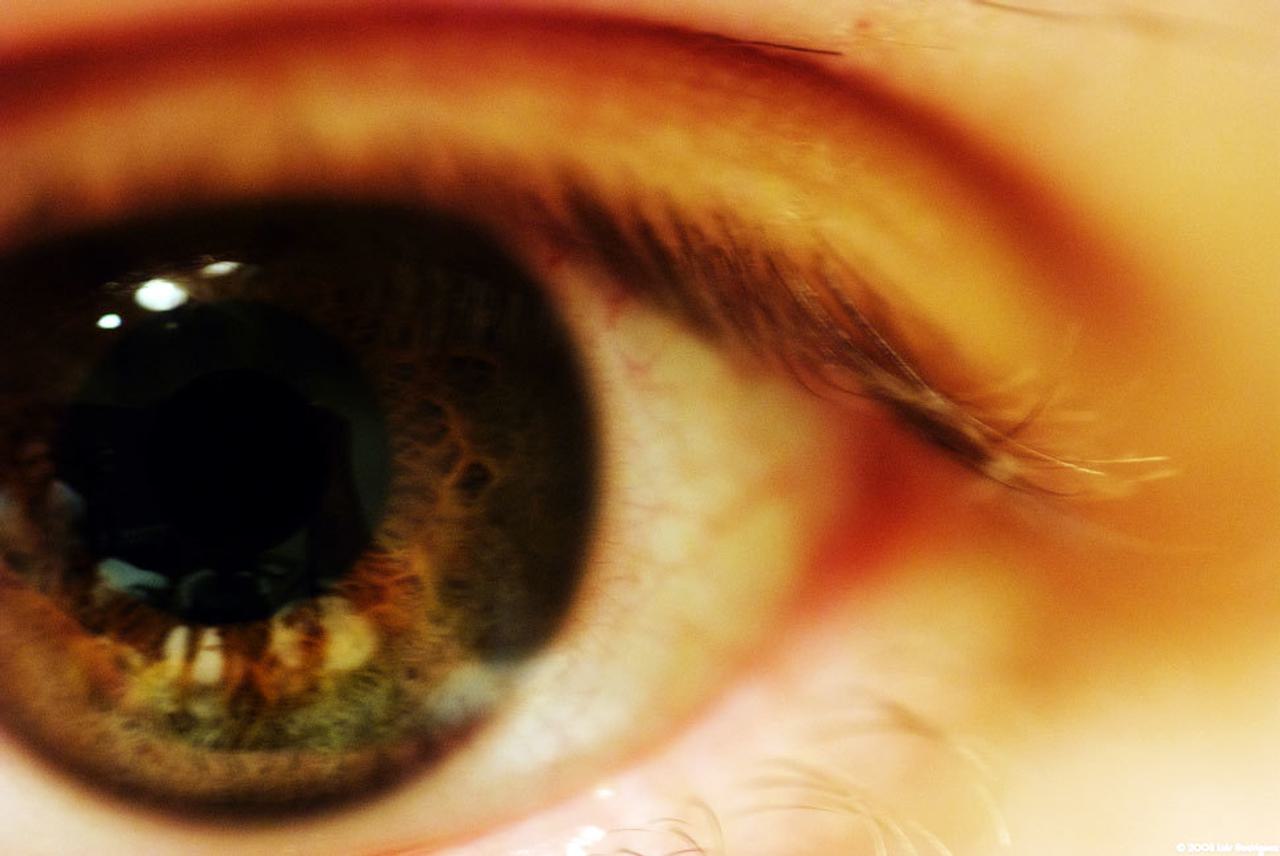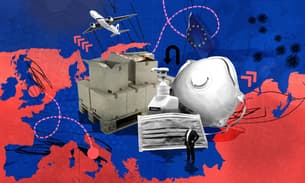
£2 per person? The scheme to reduce airport queuing times fails
That’ll be two quid, mate: the cost of a look
With airport queues at Heathrow hitting two hours, research by the Bureau of Investigative Journalism reveals technology introduced to help speed up passport control is so under-used that it has cost nearly £2 per arrival.
The IRIS recognition immigration system, which scans the unique patterns of travellers’ irises at passport control to confirm their identities, was introduced nearly six years ago in an attempt to cut down on airport arrival delays.
But government figures revealed through a freedom of information request show the system has been used just 4.7 million times since it was first introduced in 2006. The technology cost just over £9m, the equivalent of a staggering £1.94 for each person that has used it.
Earlier this year the government announced the hugely costly system was being scrapped after revealing the software used is already out of date.
Despite costing £4.9 million to develop and a further £4.2m to run, the technology and new automatic passport scanning gates often fail, exacerbating rather than helping the airport queues. Delays of up to two hours were reported at Heathrow last week.
Lucy Moreton of the Immigration Service Union, told the Bureau that staff training in the scanner manual control had ‘fallen foul of the cuts.’ Border Force officers are being reduced from 8,874 in March 2010 to 7,322 by March 2015.
‘This system has simply reached its end point,’ said Moreton, warning ‘if the government is going to invest in more technology they need to make sure the technology is robust and is going to work.’
A report by the Home Affairs Select Committee published last month said, ‘[IRIS’] sole value appears to have been that it provided data for the e-gates. This money could have been better spent on border staff – at least 60 immigration officers could have been employed with the money spent on IRIS.’
Birmingham and Manchester airports have stopped using the scanners. The scanners are currently operational in Heathrow and Gatwick, however enrollment onto the scheme has stopped. Approximately 385,000 people are currently registered, according to information released by UKBA.
Pressure to reduce delays at border control is mounting giving the upcoming Olympic Games and Paralympic Games. UKBA confirmed that the IRIS technology will continue to be available for registered passengers until after the games.
However, the current malfunctioning equipment and long queues are causing some to question how airports will cope under the added influx of those visiting for the games.
Yesterday London Mayor Boris Johnson wrote to Home Secretary Theresa May saying queues at border control gave ‘a terrible impression of the UK’.
Sean Tipton, from the Association of British Travel Agents said, ‘there is clearly a problem developing at some of the airports in the UK, they are not sufficiently resourced in terms of manpower and if there is not sufficient manpower the technology has to be operational.’
A UK Border Agency spokesperson said, ‘We continue to introduce new technology to protect the border while making legitimate travel easier. Planning for an alternative to IRIS began over two years ago and IRIS is being phased out as the technology became outdated. This government plans to replace IRIS with other types of gates that non-EU passengers will be able to use.’
Immigration Minister Damian Green has been summoned to appear before the Commons home select committee next week, following reports on excessive delays at border control.
Sign up for email alerts from the Bureau here.
Findings from this story were published in The Independent.




